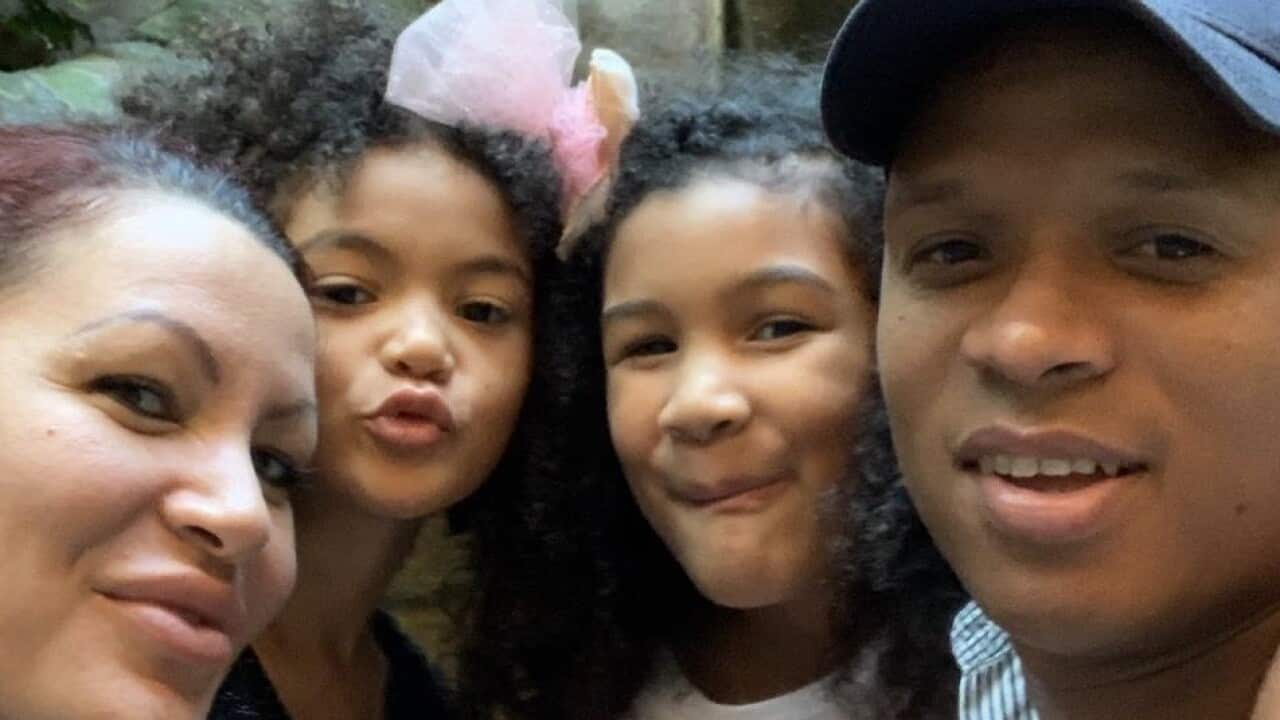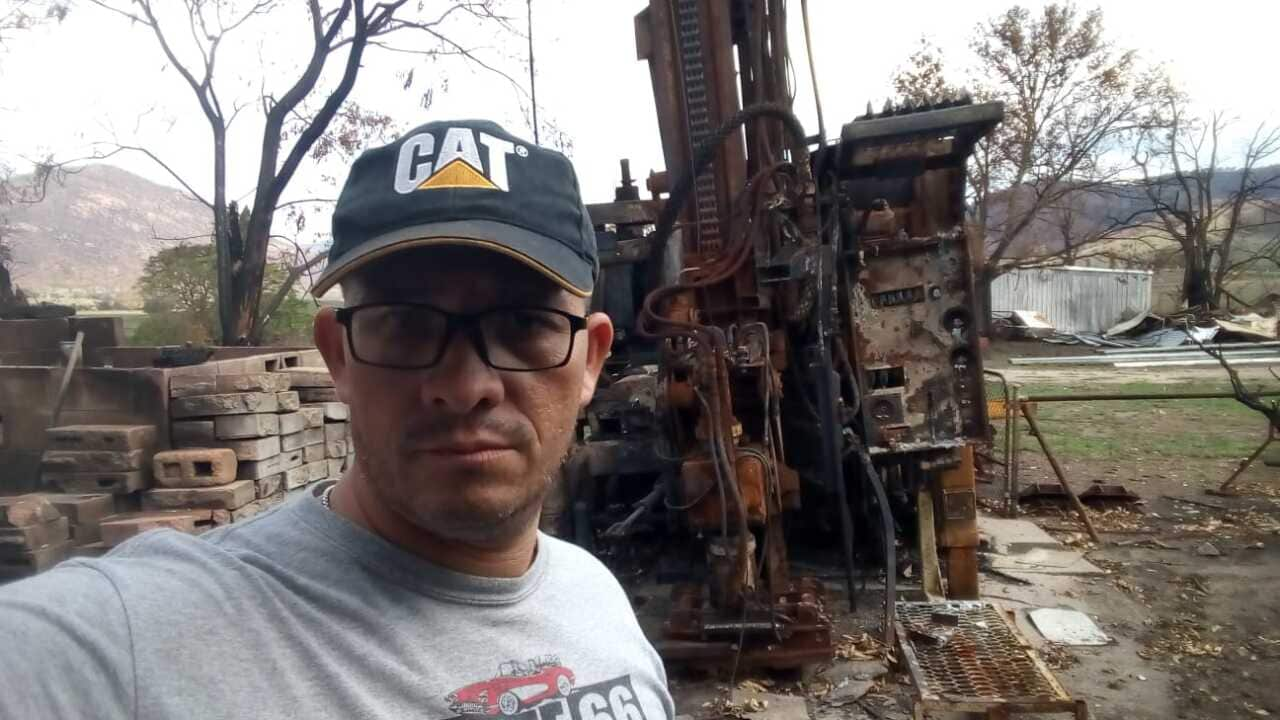For many immigrants in Australia and those living abroad, the uncertainty of not knowing when they will be able to reunite with their loved ones has caused much heartache and grief.
With his bags packed, José Bautista was set to fly from Brisbane to Colombia in March to perform the painful, yet crucial act of saying goodbye to his sister Lorena, who was suffering from terminal cervical cancer.
"There were a lot of feelings of helplessness, of regret for not having traveled before, for not being able to do anything from a distance, because the only thing you can do is give moral support through the phone line," he told SBS Spanish.
As if that wasn't enough misfortune, Mr Bautista was forced to endure the headache of being more than 14,400 kilometres away when his father was hospitalised for a coughing fit following Lorena's death.  Shortly after, the medical diagnosis confirmed that his father was among the thousands of people who contracted COVID-19 in Colombia.
Shortly after, the medical diagnosis confirmed that his father was among the thousands of people who contracted COVID-19 in Colombia.

Lorena, José's late sister, and her mother. Source: Facebook
"My dad's health deteriorated a lot because he was accompanying Lorena to chemotherapy and he acquired the coronavirus there in one of the hospitals," Mr Bautista says, stressing that his sister's death and his dad's infection "were two concerns in one”.
"We were already prepared for Lorena's illness, we could analyse enough scenarios and, in the end, we asked that she not suffer," he said, recalling that his sister had undergone dozens of chemotherapy sessions after being detected with cervical cancer when she gave birth.
Mr Bautista arrived in Australia five years ago with his wife and son to study English.

José was unable to say goodbye to his sister Lorena, who died of cancer, or take care of his father Ramiro, who contracted COVID-19. Source: José Bautista
One life is born, when another is extinguished
Iñaki Cobo, an Australian born to a Spanish family, has lived in Madrid for years.
At the height of the pandemic, his partner Susana gave birth to their daughter.
But he has been unable to introduce his newborn baby to his mother and the rest of his family, who live in Melbourne.
Although he has taken advantage of the restrictions imposed in Spain as a result of the pandemic to share intimate moments with his daughter and learn to be a father, the businessman does not cease to resent the fact that his mother, a retiree, cannot meet her granddaughter.
"Of course, we had a little girl and grandma wanted to see her," he said.
Furthermore, his mother was planning to travel to Spain to stay with her granddaughter for a few months before the borders were closed.

Iñaki Cobo and his daughter. Source: Supplied
The prospects for a trip to both Spain and Australia look "very bad and I don't think you can get out and travel for a few months," Mr Cobo said.
In addition, as his mother is a retiree of advanced age, she is considered in a high-risk bracket if infected with COVID-19.
Before COVID-19, Mr Cobo used to see his family in Australia once or twice a year, but with the closure of Australia's international border, which is expected to last at least until the end of this year, the prospects for a family reunion are unlikely.
On the other hand, the upsurge of cases in Spain, which reopened its borders on 1 July, saw the United Kingdom impose a travel ban on the Iberian nation.
The worst thing is that "you don't know when you can leave the country and not knowing is a mortal suffering," Mr Cobo said, who compared the situation to "being in jail”.
In these uncertain times, he is left with nothing but video calls and phone conversations.
People in Australia must stay at least 1.5 metres away from others. Check your state’s restrictions on gathering limits.
If you are experiencing cold or flu symptoms, stay home and arrange a test by calling your doctor or contact the Coronavirus Health Information Hotline on 1800 020 080. News and information is available in 63 languages at .


